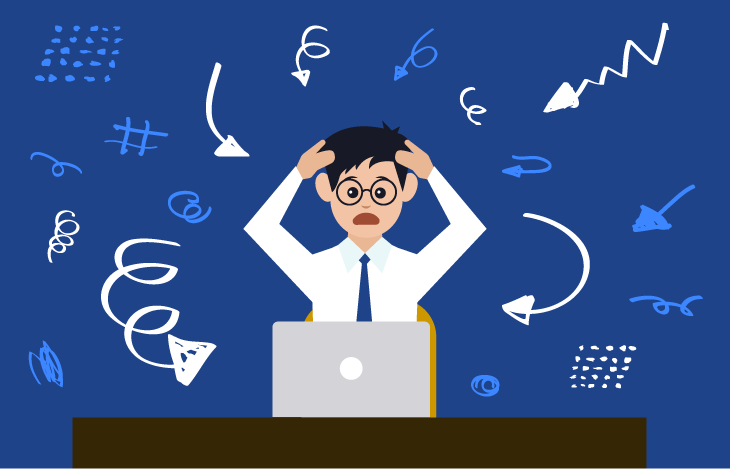As social media becomes a larger part of our lives, more studies show it may be harmful to our mental health. Social media apps such as Instagram, Snapchat, and Facebook are commonly known stressors in teenage lives. People have become dependent on these platforms to maintain relationships, make new friends, and cope with stress. The issue is that the myriad of features in social media can be used as distractions from underlying stress. Technostress is the negative effect that occurs when users switch between these features as an escape from the original stress caused by social media.
Why do users continue to use social media, although they are becoming stressed?
The number of followers, likes, retweets, and comments is one of the prime origins of technostress. Instagram performed a trial run to test the effects of these stressors in seven countries: Australia, Brazil, Canada, Ireland, Italy, Japan, and New Zealand. Instagram’s collective data saw that the amount of ‘likes’ correlated to how people perceive their worth. Instagram attempts to create a ‘less pressurized environment’ by hiding the number of likes on people’s posts. As a result of these findings, Instagram shared the following message with its users on Twitter: focus on the photos and videos you share, not how many likes they get. This is an example of how big social media companies are dealing with this issue, but what are some reasonable, accessible solutions that users can employ to cope with technostress?
What is are some solutions to cope with technostress?
There are two different ways to cope with technostress. First, one should partake in events outside of social media, of the technology. For example, talking to friends or family about their issues, rather than be on a platform. However, there is another coping method that can lead to even more social media addiction. Instead of using just one feature on a platform, a person can switch between different features. This method is an easier way for those who use social media often but also want to decrease their use of social media. The user can message, post, and update their social media as long as they do not spend too much time on each application. If we analyze and monitor the way in which we use social media and how it affects our emotions, we can confront why we rely on these platforms for validation and become better citizens online.
-Meher Khan ‘23


Recent Comments